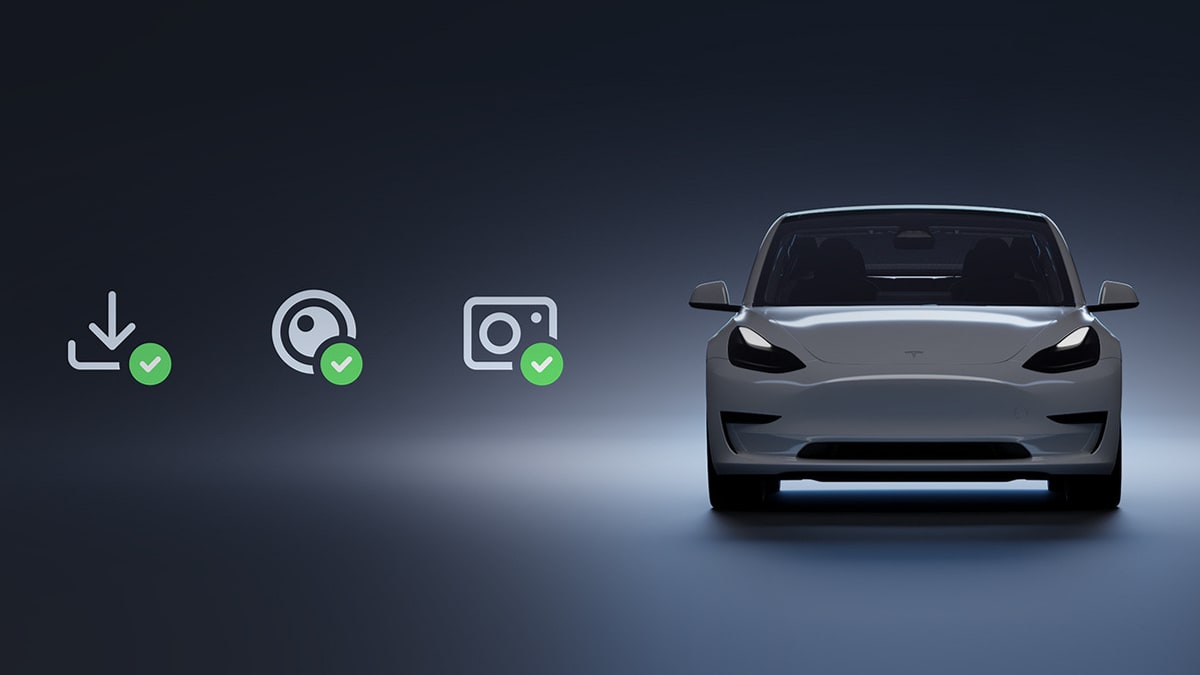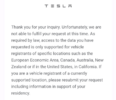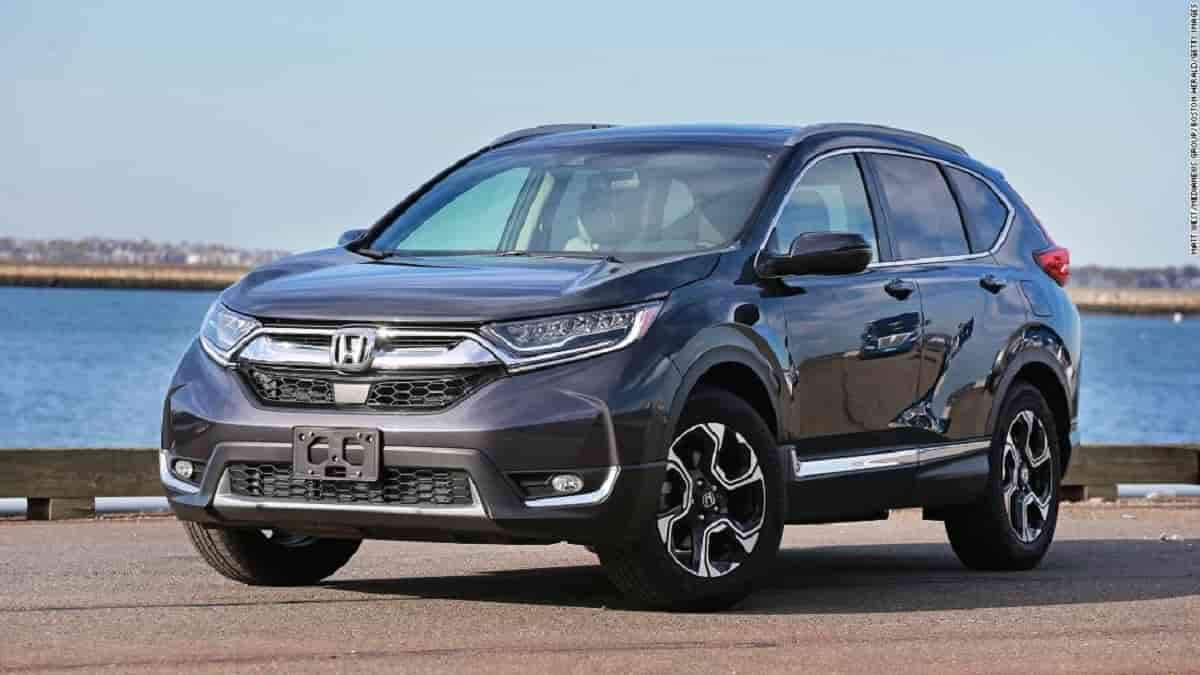derotam
Active Member
Your persistence on seeing more data and calling this a situation-specific issue that requires case by case analysis sure makes it seems like you are trying to redirect the conversation from "consumers have a reasonable expectation of predictable behavior from their cars" to "what happened to you will not necessarily happen to the next person."
I would say you should do some research on my forum past and the official Tesla forum archives but I don't think you care about research.
There are lots of engineers and like minded people on these forums that like to understand how the car actually works, how it accelerates, how it decelerates, how it makes decisions, how it accounts for every milliwatt of power used and gained, etc etc etc... Just because we are around doesn't mean we work for Tesla and just the idea that a Tesla software engineer would be using these forums to conduct their job as you suggest is laughable.
Now, if you want to just whine and complain about something you don't like, real or not, then go ahead. There are lots of chorus's of users about all kinds of things on these forums that you can join in on.
I have a reasonable expectation that bluetooth should work flawlessly on every device in concert with the car...but it doesn't.....lots of chorus's about that in the past and there was lots of in depth technical discussion about the bluetooth standard and how it gets implemented in all sorts of devices.
Lots of people complain about PB, ok fine...but in an attempt to get a better understanding of the phenomenon people need data... First, it the issue fully random or not. If it is fully random it is a lot harder but not impossible to gather data about it. It is not random though as people have said that it happens all the time in repeatable places....but no one hits the dashcam to save the video!
Ahh PB events are not the same and they have to be looked at individually in order to start attempting to sort them into similar scenario buckets.
People go back and forth about the safety issue of it as well, and I agree there is a safety issue aspect to PB incidents, but again, there are lots of complaints, but not corresponding reports of ACTUAL crashes caused by PB issues. And everyone knows that the news would be ALL OVER Tesla if there were lots of people actually saying that PB CAUSED them to be rear ended. So where are all these news reports? Maybe I missed them.








